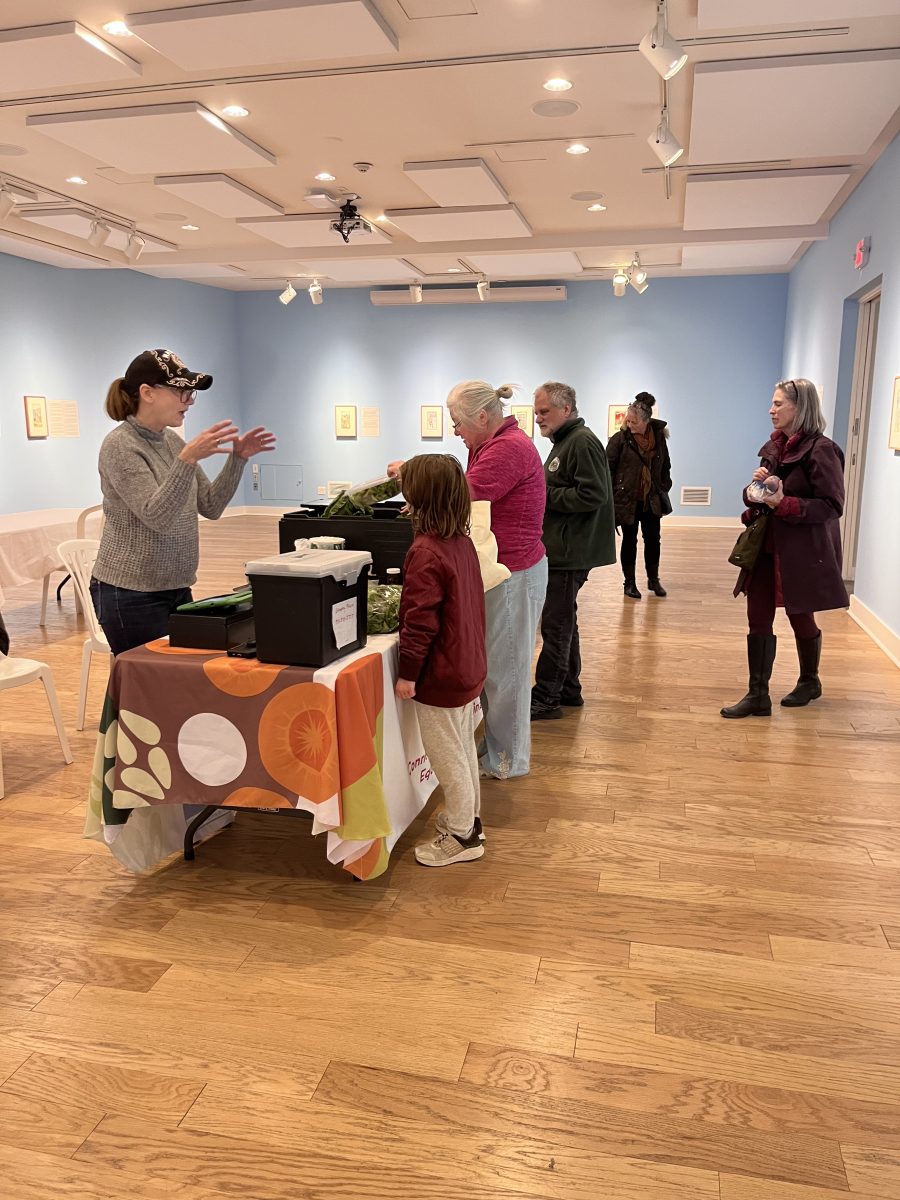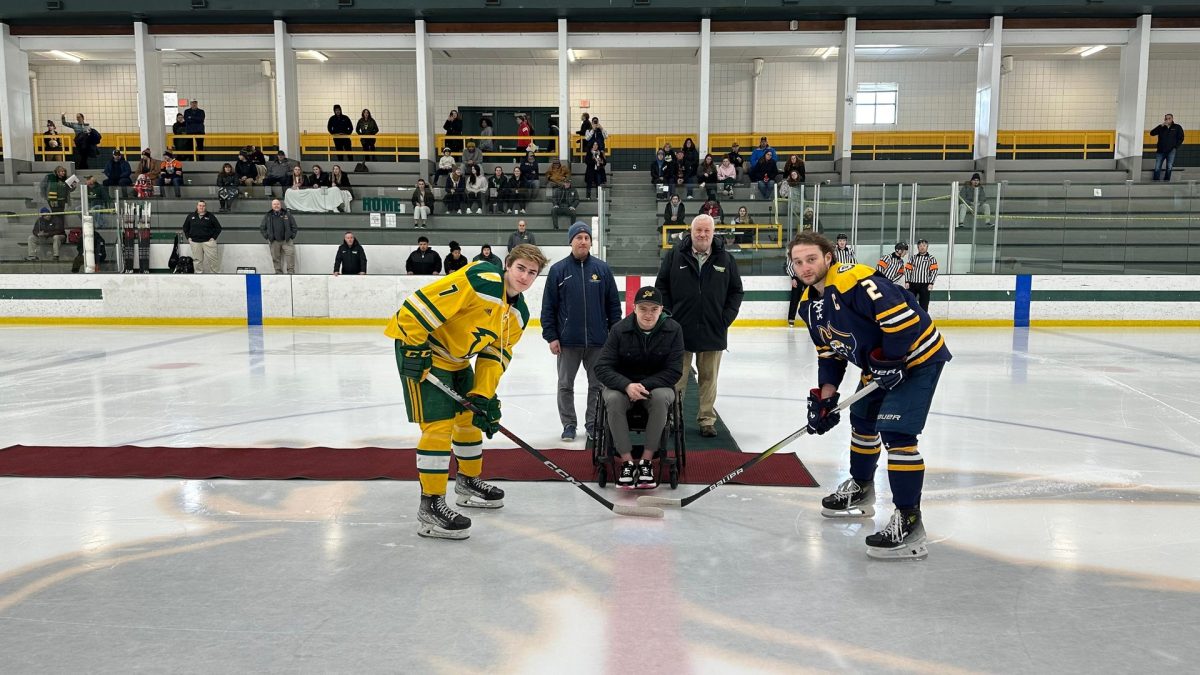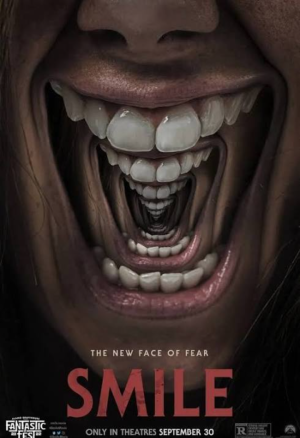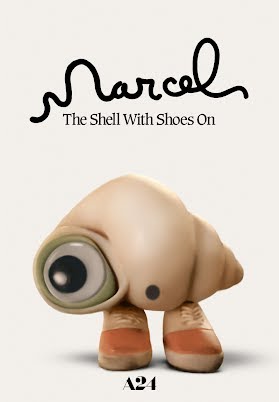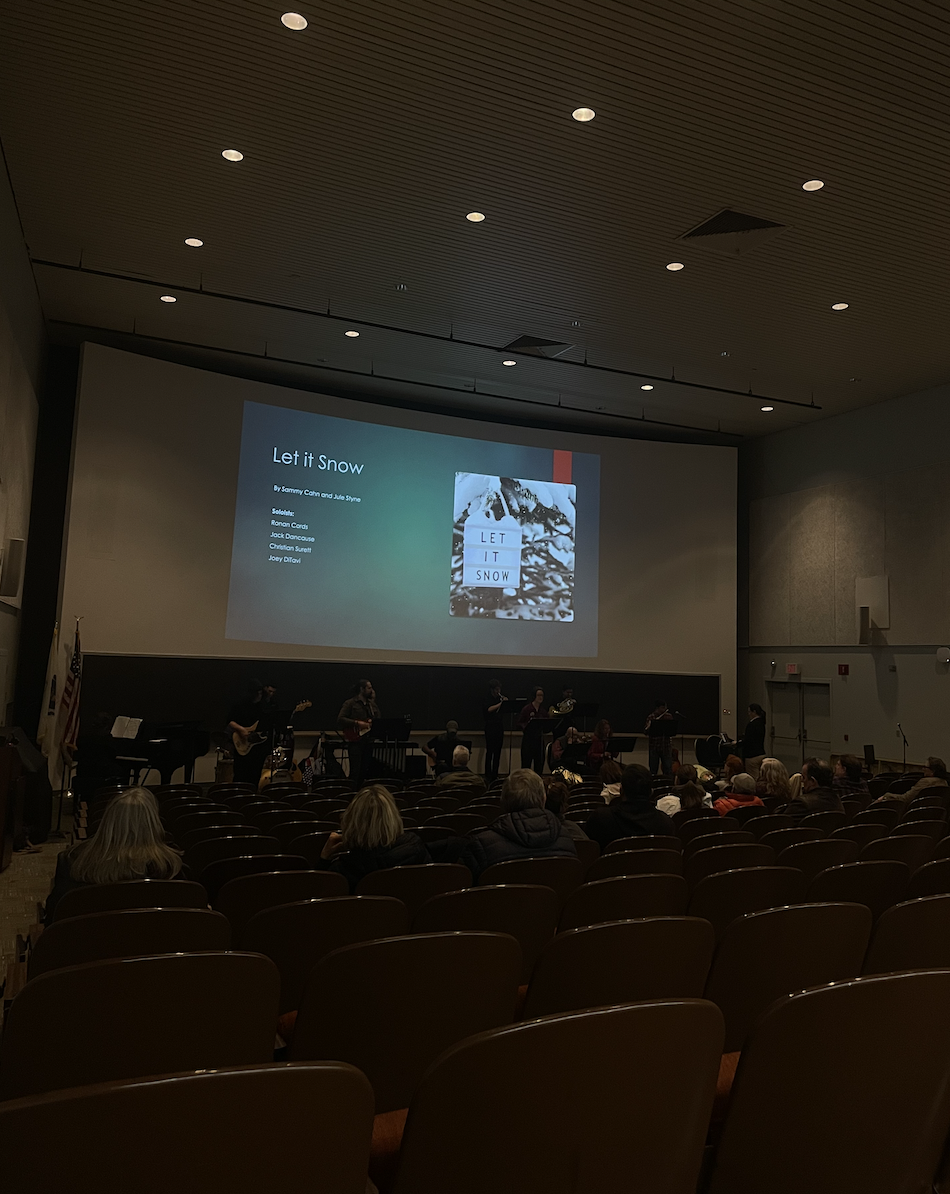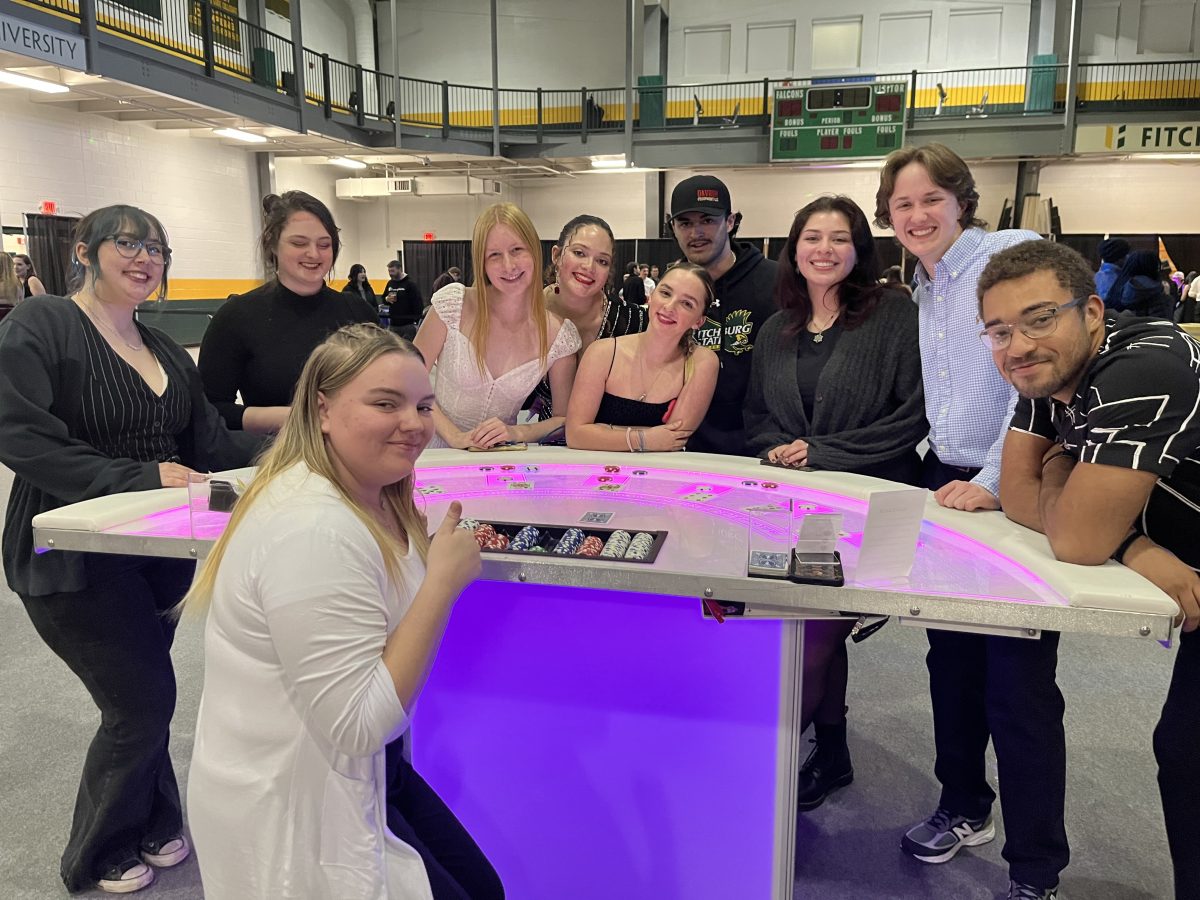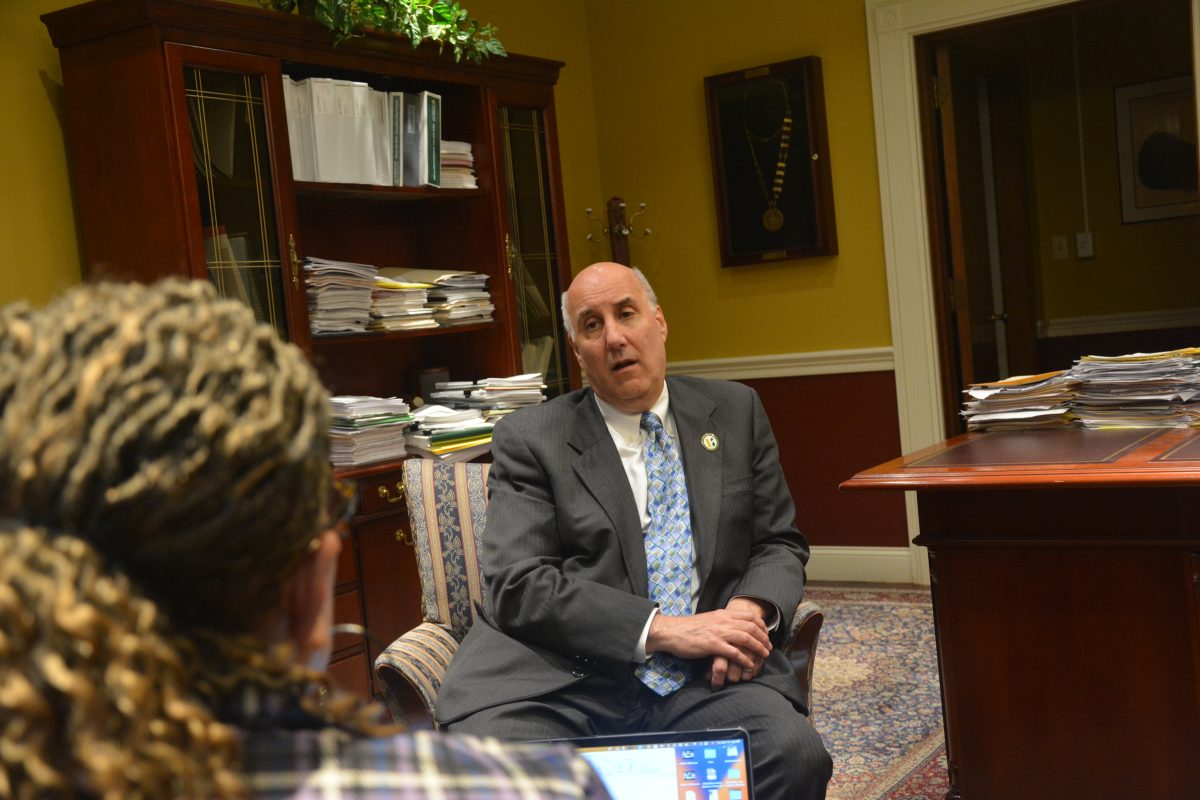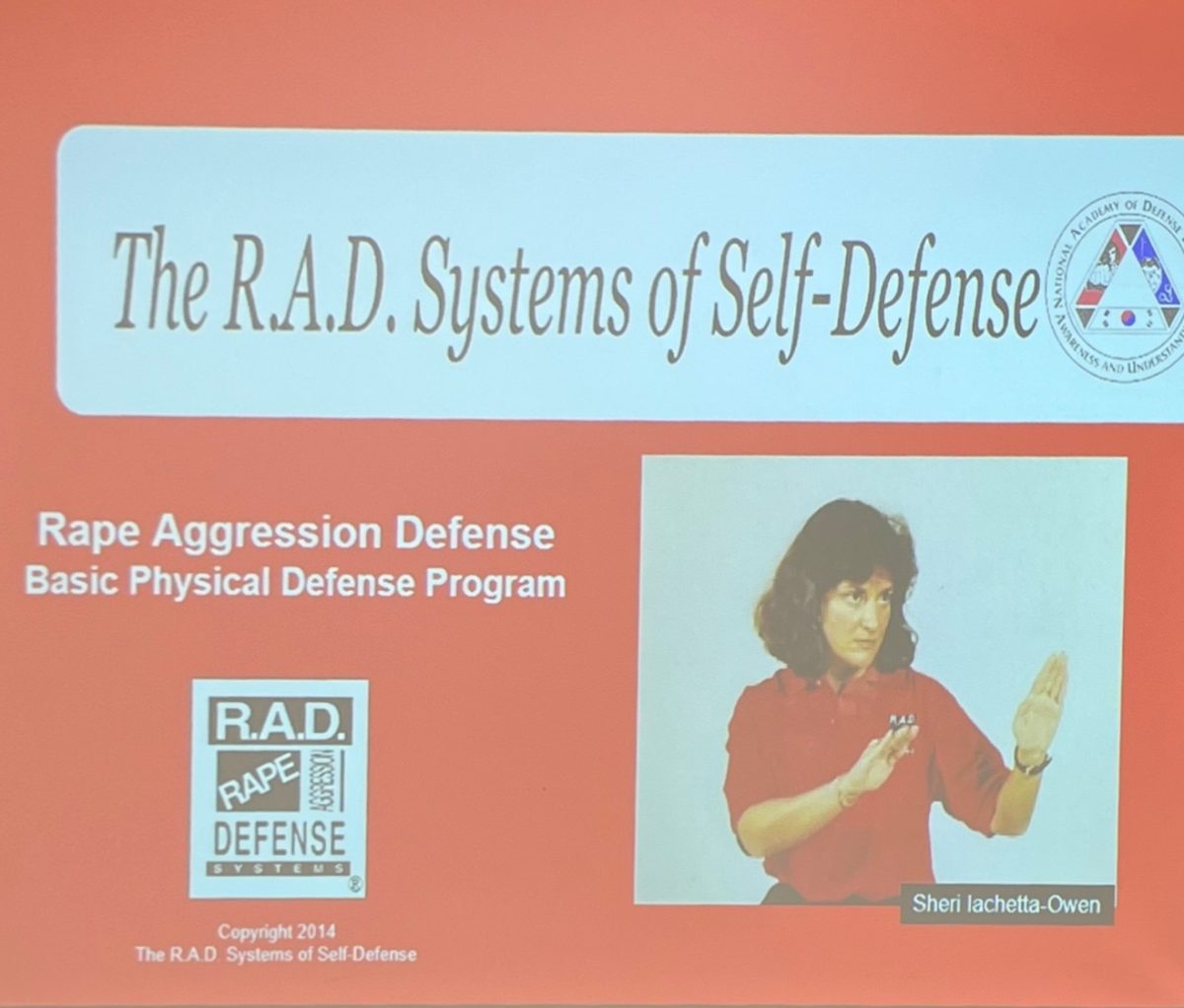It’s been found that people are more likely to engage in drug or alcohol induced behaviors while they’re within groups of people who are doing exactly that. The college scene is notorious for these behaviors—but is it really necessary? Is there a need for these mind-altering substances?
Students here at Fitchburg State are facing more than just physical or mental harm when they abuse substances. For the ones that live on campus, the Housing and Residential Services office does not take this type of play lightly.
Most people are aware that one must be 21 or older to have alcohol in their room. The policy for alcohol at FSU consists of one of the following: one 4-pack of wine coolers, one 6-pack of 12 oz. malt beverages, one 6-pack of 12oz beers or .75 liters of wine. Also, students are not permitted to consume alcohol in any public areas such as the lounges or the hallways.
Illicit (illegal) drugs of any kind are not permitted on campus and will result in immediate action. As soon as students are caught breaking these rules, the Office of Student Conduct gets involved. The first offense will require students to take a two-session alcohol education program and pay a fine. The second results in a loss of residence for seven days. The third offense—or if an amount of alcohol is found that is indefinitely over the limit, such as a keg or punch bowl—will result in suspension of housing for a year, with the student being referred to a professional counselor.
Dr. John Hancock of the Human Services/Psychological Science departments at Fitchburg State teaches an Addictive Behavior class. In it he outlines drugs and their common forms, as well as their short and long-term effects on the body. When asked how he would recommend students having safe fun without addictive substances, he refers back to his class and recommends things such as extra-curricular activities, sports, working a steady job, or simply not “hanging out” with other students who are doing these drugs.
As for the awareness of the increasingly popular drug Molly (or Ecstasy, formally known as MDMA), when asked about the school rave and how it brings the drug using behavior to campus, Hancock says “Just give them water! Rather than fight what they could be taking outside the event, just make sure they are safe.”
Molly causes changes in perception as well as an increased heart rate and blood pressure. In short, it causes one to sweat and become very energetic. Therefore, Hancock’s solution to give students water makes sense so they don’t get dehydrated; he also recommends giving the students a place where they can cool down.
Instead of going about it fiercely, Hancock further states “If a student comes to the event and appears to be under the influence of Ecstasy, don’t allow them to enter the event, maybe try to calm them down first and give them some water.”

Hancock shows his slight disgust for Americans and their drinking behaviors by saying “In other countries, even children sit at the table with their parents and drink wine. Here, we expect kids to stay sober until they are 21 and then behave correctly.” He recommends a wine and cheese party for the faculty and students to bring them closer together, and remove alcohol from the party.
MDMA was first introduced in the 80s where it was being abused as a designer drug; however, some psychiatrists used this on their patents because it would relax them and make it easier to “open up.” After the trend in the early 80s, MDMA died down a bit until the mid-to-late 90s where it returned heavily in the club scene and became a significant problem. The recent deaths that occurred in the Electric Zoo festival in New York City gave the police a wakeup call; the “War on Drugs” is not over. Just over the two days of the festival (the third one being cancelled after the deaths), 31 arrests were made, many of them being drug sales.
With the recent stories and research, it is safe to say that Fitchburg State students are being made well aware of the possible consequences of abusive behavior such as taking drugs or drinking. Stay safe Fitchburg State!


